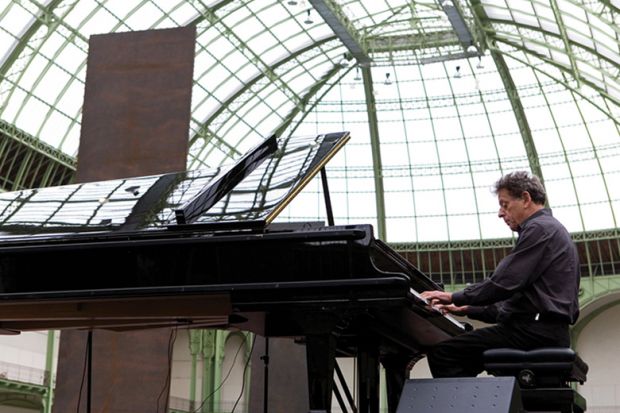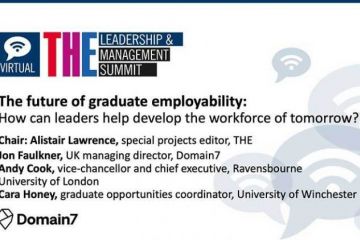When Greg Dyke quit the BBC after the Hutton Inquiry, workers gathered outside Broadcasting House to demonstrate in his support. Spotting a former student among the throng, I sent my commiserations. An email exchange revealed that she and her colleagues were engaged on project-based contracts. None was a permanent employee of the BBC.
In the 1990s heyday of cultural studies, while most scholars deftly manipulated post-Marxist theories of identity in the analysis of cultural texts, Angela McRobbie began to write about these changing conditions of cultural production: the self-exploitation involved in attempting to make a career in fashion, music or the media; the gendered nature of this work; and the role of higher education in the preparation of young people for precarious and unstructured careers. Be Creative reflects on further changes in the world inhabited by thousands of would-be creative workers living outside structured, welfare-supported employment.
Of course work in the arts has always been a gamble that seldom pays off, even though we all know about the winners, and their compelling personal stories. David Bowie knocked on fame’s door for a decade before Ziggy Stardust opened it for him. Philip Glass did not give up his day job as a plumber until 41, an age at which most aspiring composers have pragmatically opted for less bruisingly insecure lives.
McRobbie is less interested in the individuals who eventually succeed than in the ideological and policy structures that purportedly nurture all who attempt to emulate them, or more simply, to work creatively despite global capitalism’s strictures. She explores ways in which fantasies of rewarding work have been expressed in public policy. New Labour’s Department for Culture, Media and Sport hyped the idea of a creative and cultural industries sector that was both culturally and economically important, encouraging both those fantasies, and higher education provision aimed at delivering the sector’s workers. Media Studies became Media Production, and all was right with the world.
Or rather, universities now produced graduates for careers based on piecework and portfolios rather than progression and pensions. One result was numerous microbusinesses characterised by long hours, poor pay and little of the shared sensibility of earlier generations’ class-consciousness-driven workplace politics. McRobbie engages with neo-Marxist accounts of this work and its relations to anti-austerity politics, qualifying their sense that a new popular politics can emerge without specific consideration of the gendered nature of creative labour. The new opportunities offered women a “line of flight” from the constrictions of their mothers’ work experience, but failed to offer escape from low pay or the routine performance of “attractive” femininity.
A qualified alternative to this rather bleak survey is found in Berlin, where the last vestiges of Cold War radicalism and welfarist social democracy sit uneasily alongside the city’s aspirations for global status, producing an environment that is relatively supportive of creative microbusinesses. McRobbie dismisses Richard Florida’s coffee-table sociology of the “creative class” and its social-liberal networking environment as the potential for urban transformation. Such notions are, in the main, fashionable nonsense that overlooks the nastier effects of gentrification. Nevertheless Berlin, in offering modest local government support to efforts in cultural production and cultural tourism alike, does seem to embody Floridation with a European twist. To be creative, and to deliver a better future, needs both continued public support and a stronger shared collective consciousness among its aspirant workers.
Andrew Blake is visiting professor in cultural studies, University of Winchester.
Be Creative: Making a Living in the New Culture Industries
By Angela McRobbie
Polity, 224pp, £55.00 and £16.99
ISBN 9780745661940 and 1957
Published 27 November 2015
Register to continue
Why register?
- Registration is free and only takes a moment
- Once registered, you can read 3 articles a month
- Sign up for our newsletter
Subscribe
Or subscribe for unlimited access to:
- Unlimited access to news, views, insights & reviews
- Digital editions
- Digital access to THE’s university and college rankings analysis
Already registered or a current subscriber?








